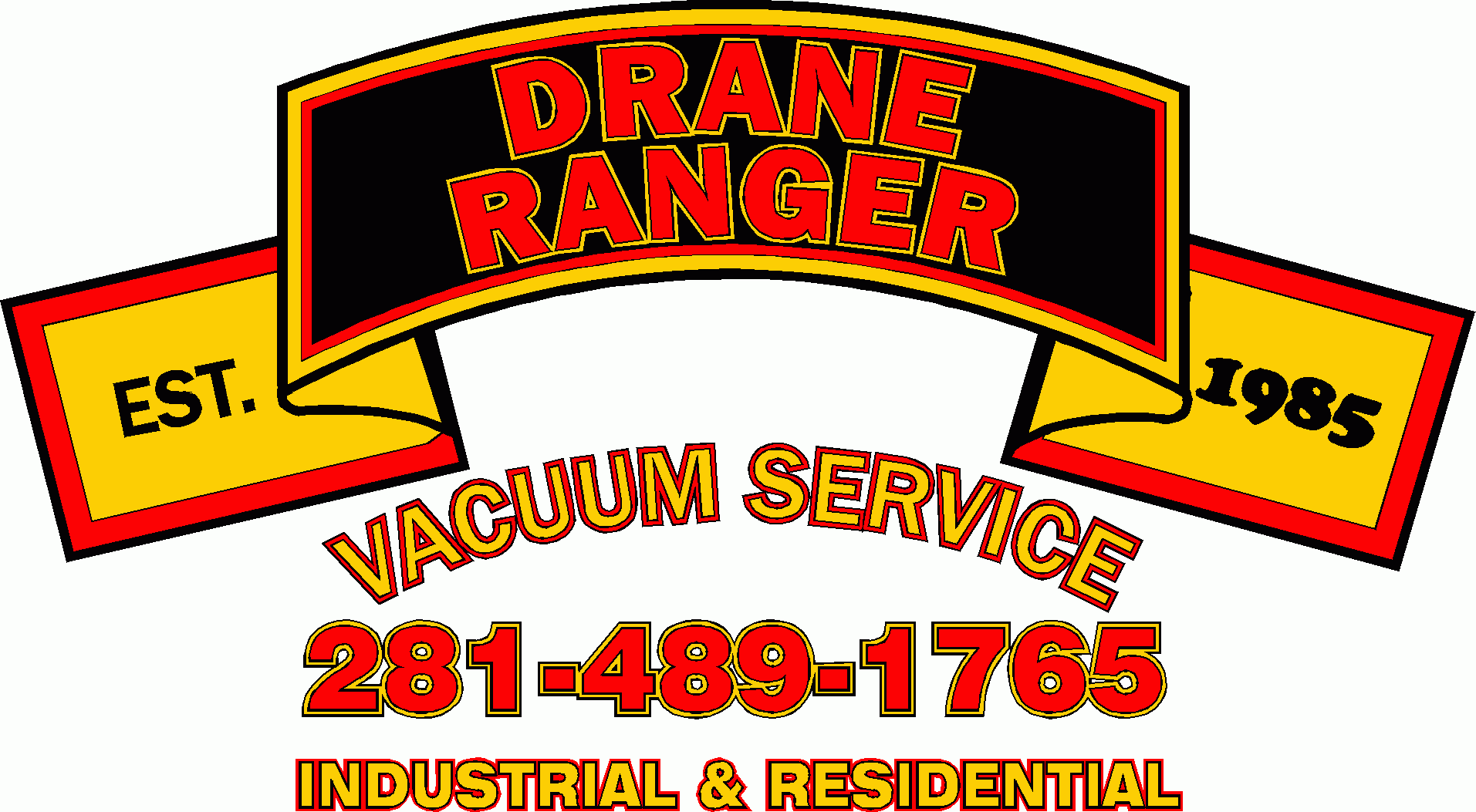Septic tank overflow can be off-putting and expensive, which is why it pays to know the signs that your septic tank needs to be drained. Here are seven such signs and what to do when it is time to call a septic tank pump out service.
1. It Isn’t Draining Like it Used to
Septic tanks can often drain less efficiently as they age, meaning that you will need to drain it more often. If your septic tank is older, be sure to have it checked for possible draining more often. Regular maintenance can help ensure that it doesn’t need increased draining as well, especially when you partner with a professional company.
2. There’s a Smell
The smell can often be the first indicator that a septic tank is overflowing as the smellier compounds can rise to the surface before any visible signs. If you think you can smell your septic tank, then it is likely time for it to be pumped out.
3. You Have Sewage Backup
A sewage backup is one of the worst symptoms of septic tank overflow. You will, unfortunately, know when this is happening for a number of reasons and will likely already be in contact with someone to have your septic tank drained. If you haven’t, contact a professional fast, as sewage backup can be just as dangerous as it is smelly.
4. Nitrate Content in Your Well Water
An indirect way to know if your septic tank is leaking is through testing your well water for nitrates. A high level of nitrates in your well water can mean that your septic tank is leaking underground and impacting the chemical compounds present in the water. In these instances, it is incredibly important to have your septic tank not only drained but checked for leaks. Other compounds could make your well water dangerous to consume or use. If you find high nitrate levels in your well water, be sure to contact a septic tank professional to assess your tank and have any repairs or replacements made.
5. Pooling Water
One of the most potentially expensive signs that your septic tank is leaking is pooling water, which can get into your home, other infrastructure or simply ruin your yard or driveway. If you notice pooling water where it doesn’t usually pool, especially if that water isn’t where it typically gathers after rain, then your septic tank is likely in need of draining.
6. Very Green and Lush Grass
The contents of a septic tank can actually be very good for your lawn, especially with the nitrates that can infiltrate your well water supply. So if your lawn or plants are looking particularly green and lush around the drain field, then your septic tank is likely leaking.
7. It’s Simply Time
Regular maintenance and monitoring of your septic tank is the best way to avoid all of the problems above, and that can be easily accomplished by partnering with a septic tank company like Drane Ranger.
Drane Ranger can set up a regular schedule to empty your septic tank and, while we’re there, we can make sure that it is working properly as well. If you have a septic tank and want it to last as long as possible, then this is the best way to have your septic tank emptied by a professional septic tank pump out service.
